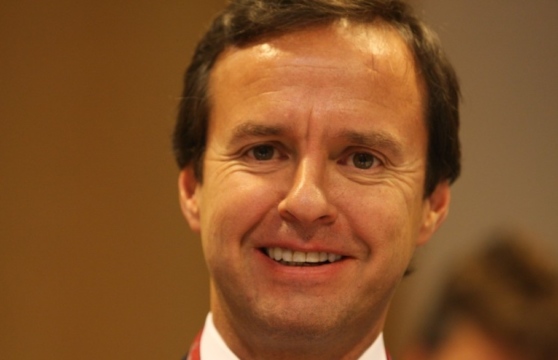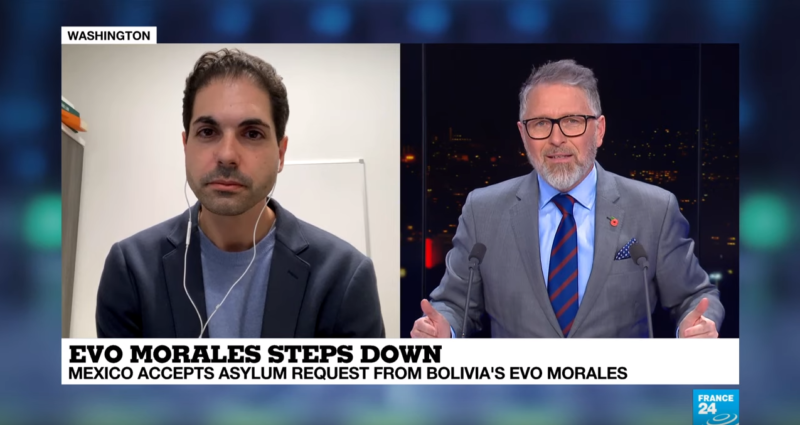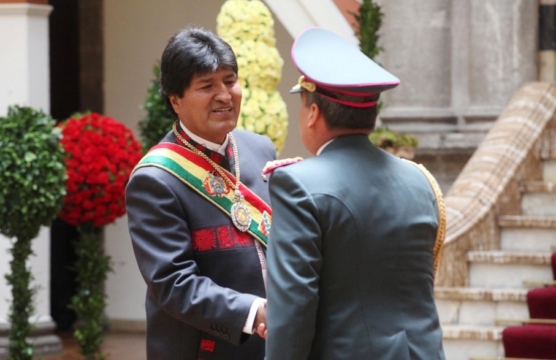
A Conversation with Jorge Quiroga
In early October, Morales announced he will run for a third presidential term . Is democracy under seige?
Michael Camilleri, director of the Peter D. Bell Rule of Law Program at the Inter-American Dialogue, spoke with France24 about recent events in Bolivia. Camilleri commented on the military’s role in the ouster of President Evo Morales as well as Morales’ legacy and motivations. He concluded by noting the importance of a peaceful and swift democratic transition towards free and fair elections.
“I think it is too early to call it a coup. Evo Morales clearly created this predicament for himself by violating the constitution and then orchestrating what appears to be a fraudulent election. The people of Bolivia reacted to that. They took to the streets for weeks to try to defend their democracy, but at the end of the day it was the military that gave Morales the final push. We are still waiting for all the facts to come out on that, and we are waiting to see how the military conducts itself. Obviously, this is not great in terms of the military’s role in this, but I think it is too early to call it a coup.”
“I think Morales did a lot for Bolivia. He was the first indigenous president, and many Bolivians took a lot of pride in Morales assuming the presidency. He managed the economy fairly effectively and helped to bring a lot of people out of poverty. That was accompanied by a slow and steady concentration of power that created real concerns for the future of democracy in Bolivia, but if he had stepped down this year as he promised to do, I think he would have been remembered by history quite positively. Instead, he violated his pledge. He violated what the people of Bolivia decided in a constitutional referendum and orchestrated his own reelection to the point, it appears, of even holding this fraudulent election. I think it is hard to understand that as anything other than a self-interested act.”
“[A potential push to the far right] is certainly one danger. You do have in the main opposition candidate, Carlos Mesa, somebody who is a little more centrist, but Mr. Camacho in Santa Cruz is more of a firebrand right-wing opposition leader. He has gathered a lot of momentum over the last few weeks, so there is an element of this which is driven by a sense of vengeance and a potential witch-hunt, which is the last thing the country needs.”
“Bolivia needs to focus on finding its way to an institutional, constitutional, peaceful, and swift democratic transition towards fresh, free, and fair elections. That’s the pathway that everyone should be focused on, and one extreme or the other is not the way to get there.”
In early October, Morales announced he will run for a third presidential term . Is democracy under seige?
With Morales’ approval rating at 75%, it is likely that voters will re-elect him for a third consecutive term
Bolivian President Evo Morales won re-election with an estimated 60 percent of the vote. What can investors expect?
 Youtube / France24
Youtube / France24
